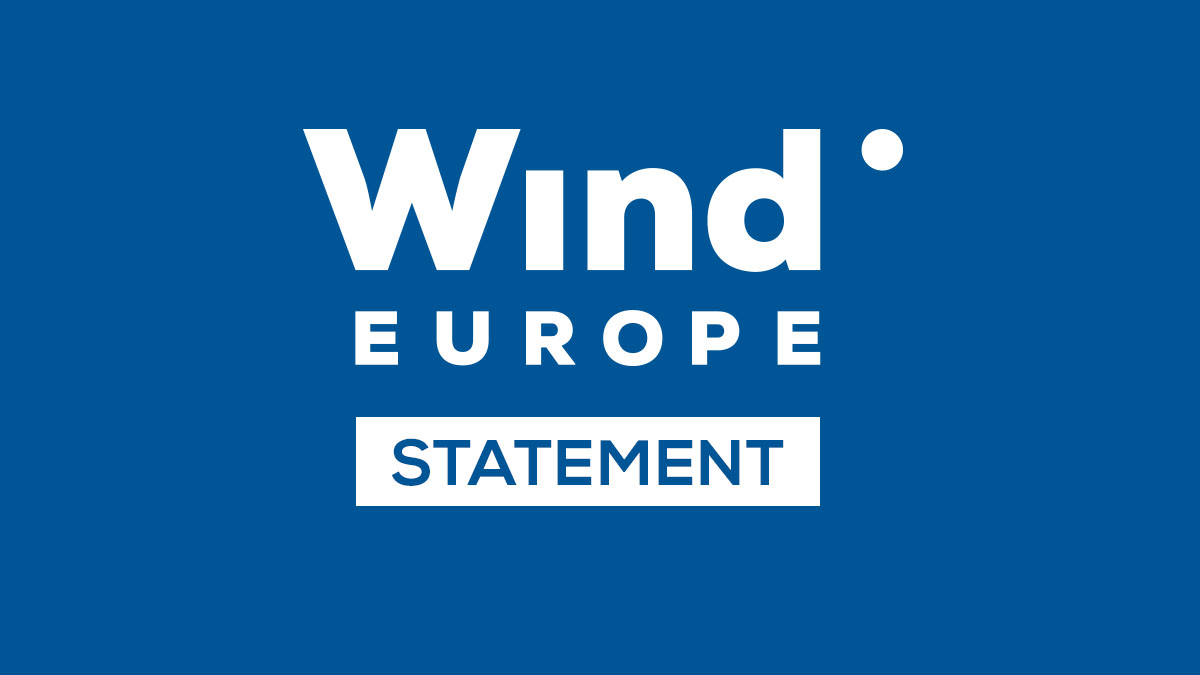News
WindEurope statement on the second German offshore wind auction in 2025

6 August 2025
Germany has announced the results of its second offshore wind auction in 2025. Two offshore wind sites in the North Sea with a total capacity of 2.5 GW were on offer. But the auction failed: not a single offshore wind project bid in. That’s a clear signal from the industry: Germany’s offshore wind auction design is not fit for purpose.
Germany’s second offshore wind auction round of 2025 was unsuccessful. Not a single offshore wind developer bid for either of the two sites N-10.1 and N-10.2. The sites in the German North Sea were centrally predeveloped and had a combined capacity of 2.5 GW.
Germany’s current offshore wind auction relies on negative bidding. It doesn’t offer any revenue stabilisation and exposes bidders to risks that go beyond their control. The uncapped negative bidding (“second bidding component”) further intensifies the financial pressure on offshore wind developers by asking them to pay high sums for the right to develop an offshore wind farm.
“The auction result must be a wake-up call for the German Government. Negative bidding adds costs that make offshore wind more expensive and reduces the number of companies willing and able to participate in auctions. It’s time to amend the auction model so Germany can deliver on its offshore wind targets and industrial competitiveness”, says Viktoriya Kerelska, Director of Advocacy & Messaging at WindEurope.
Most countries in Europe have introduced 2-sided Contracts for Difference (CfDs) as a revenue stabilisation mechanism for offshore wind development. CfDs mean lower financing costs and more visibility on future revenues. Denmark was the latest country to switch its auction framework to CfDs after its 3 GW negative bidding offshore wind tender didn’t attract any bids last December, similar to what happened now in Germany.
Germany is swimming against the tide. CfDs have proven to be the right model to finance offshore wind. They lower financing costs and deliver competitive electricity prices to society.
Wind energy already contributes 30% of all electricity consumed in Germany. It is the basis for competitive electricity prices for households and industry. It contributes to energy security in Germany as well as in wider Europe.

